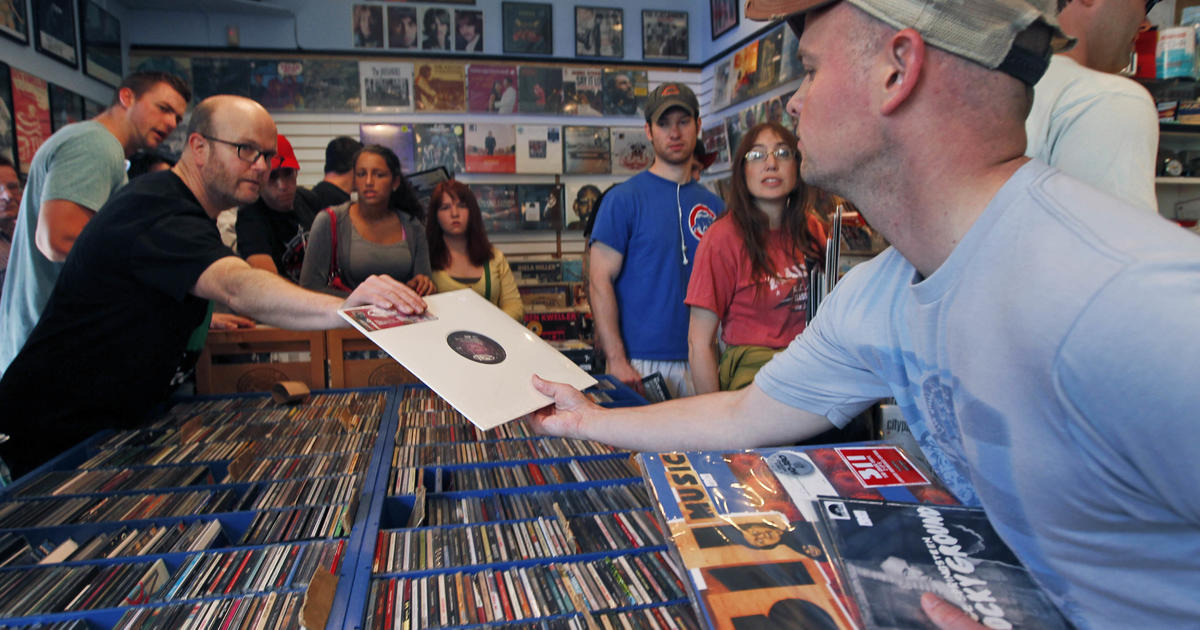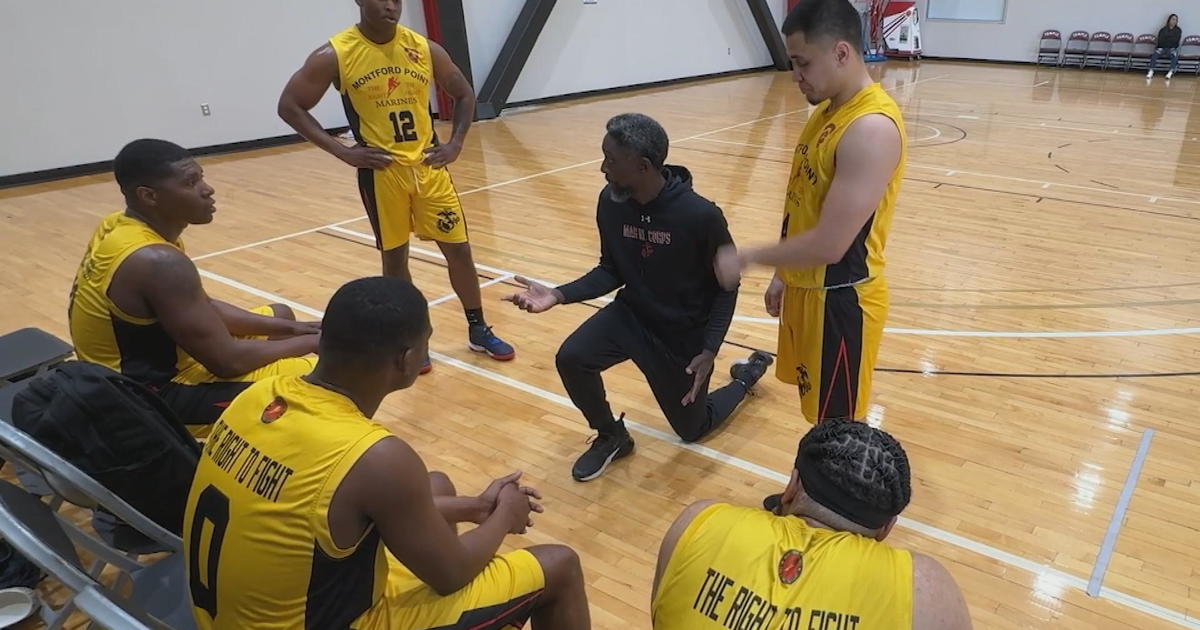Transitioning to Civilian Life? Local Foundation Provides Guidance
What a lot of people don't recognize is that the military is not a job — it's a lifestyle. Things that are part of normal, everyday life to civilians are new and unfamiliar to someone leaving the military. The Travis Manion Foundation makes it a little bit easier.
Penn Mutual's sponsorship of the 9/11 Heroes Run in support of the Travis Manion Foundation reminded me of my own transition from military to civilian life. The Travis Manion Foundation engages with veterans and the families of fallen service men and women, empowering them to take the next step in their personal journeys, honor fallen comrades, and inspire the next generation of leaders.
To my mind, the Travis Manion Foundation is providing a valuable service to ease the transition to civilian life. My own transition after nine years in the US Navy wasn't easy, nor was my son's, after his six. We are a big military family, with my father, my husband, my son, and myself all serving in the Navy.
What a lot of people don't recognize is that the military is not a job — it's a lifestyle. You don't go to work and come home at night. You are on 24 hours a day, seven days a week.
One positive effect of the intensity of military life is that the bonds you form in the military are unlike anything you'll ever make anywhere else, and those bonds are forever. I see people that I knew 20 years ago and it feels as though time never passed. Realizing that you will never find this type of bond in civilian life can be hard to accept.
For however many years, you knew exactly what to wear to work and the options about where your next posting was going to be limited, and now, all of a sudden, you've got these big decisions to make. You may not be sure what the appropriate work attire is or know how to interview for a job. Do you go back to your hometown, or stay where you were last stationed?
So things that are part of normal, everyday life to civilians are new and unfamiliar to someone leaving the military. Now, if you add a physical or psychological injury on top of the transition already being challenging, those folks need the support. The point of the Foundation is to make it a little bit easier.
My Own Transition to Civilian Life
At Penn Mutual, I am AVP of Business Transformation. I lead teams that deal with change, whether the change is process change or systems change. It's a leadership role, one my background in the military prepared me for. In the Navy, I was 21 years old and leading an office full of Marines. You better learn how to lead quickly in that situation!
When I got out of the military, I wasn't quite sure how to translate my experience to the civilian world. I found a job at AIG, and I actually think I was hired in the HR department because of my military experience in general, not the specific job skills. My boss recognized the transferable skills that would be a huge asset to the department. One of my projects involved doing some reporting, that gave me a bridge to Systems Implementation, which put me on the path to my current role. That's how I found the insurance industry, and through somebody I met in AIG, I found Penn Mutual.
I don't feel like I could speak for a whole generation of returning veterans, but I think it is important they recognize that there are people out there, like the Travis Manion Foundation, to help them with the transition.
My Son's Recent Experience: Go Big for Growth Opportunities
My son's recent experiences in leaving the military for the civilian world parallels mine. He has the same struggles that I had, which is really interesting given that we served during very different times. The biggest challenge is determining the next career step because there are so many options and it's difficult to know that you are choosing the right path. My son was a good example of this. He was in the nuclear power program in the Navy, and many companies wanted him. Some companies have found they need the technical and leadership skills people get while serving in the military. So he was turning down jobs, and he was questioning whether or not he should be turning them down because they were good jobs. In the military, much of your path is set out for you, and it is strange having so many choices when you transition to the civilian world. My son is now with Siemens, implementing building technology systems in New York City.
Coming out of the military, we were looking for reputable companies with growth opportunities. Both my son and I have gravitated toward large companies. By going with a larger company, I knew that there was an opportunity there and that I wouldn't have to change companies to find those opportunities.
I knew that I was getting into an industry that had staying power and was likely to be around. It also has a noble purpose, which is to protect people and their families. That is important to me because I have a strong moral compass. I joined the Navy because I believed in its overall mission: To keep our country free. I feel strongly that the company that I work for should be doing work that I believe in. Penn Mutual, for me, has always done that.
Sponsored Content Provided by Penn Mutual




